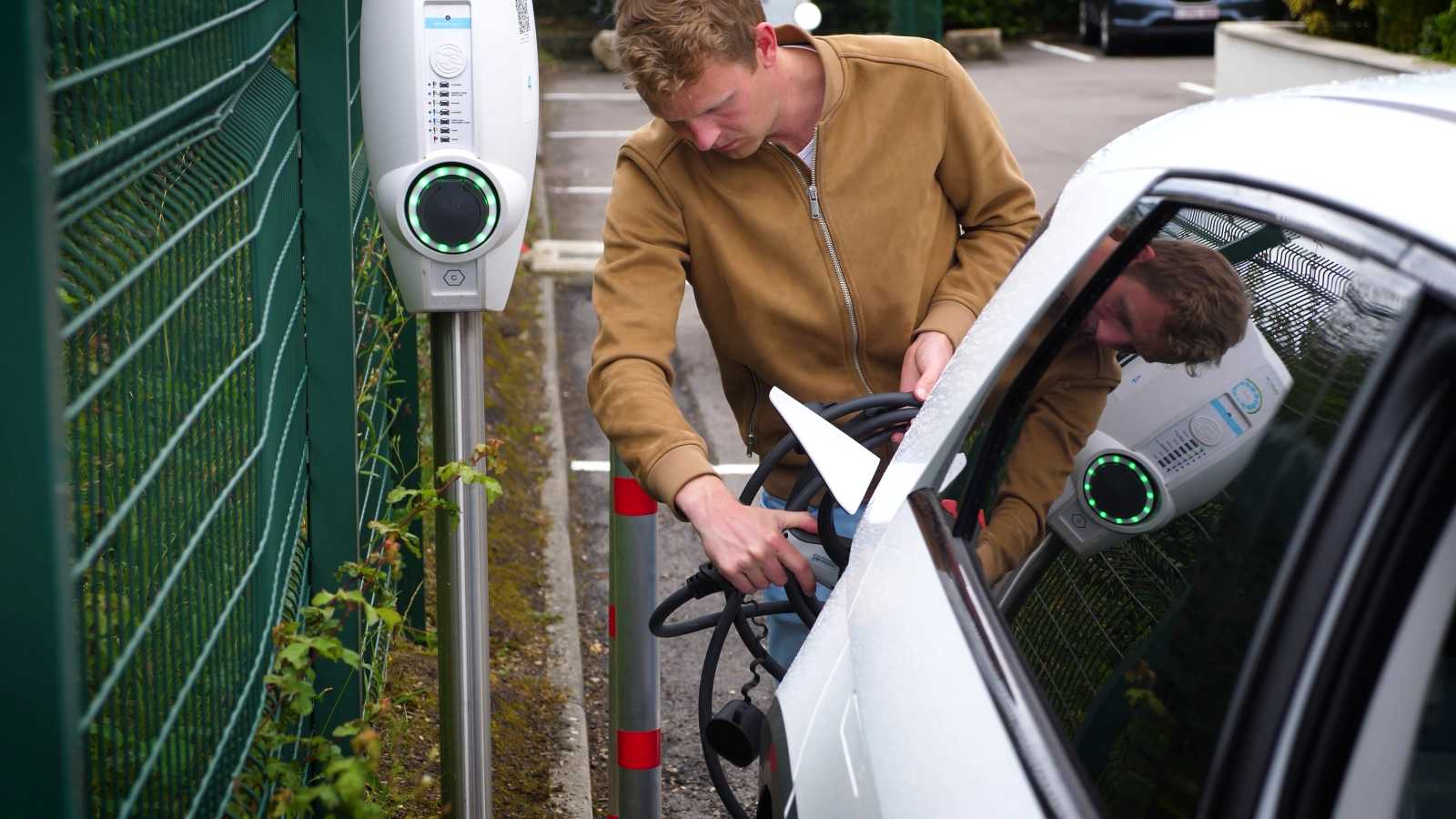National Charging Survey 2024: This is going well and badly in the Netherlands in the EV field
Smart charging
The research, conducted by the University of Groningen in cooperation with ElaadNL, Vereniging Elektrische Rijders and the Rijksdienst voor Ondernemend Nederland (RVO), among others, shows that more and more EV drivers are using ‘smart charging’.
This means that the car is plugged in when it arrives, but the actual charging only starts at a more favorable time, such as when power is cheaper or more renewable energy is available.
Home charging most popular
Home charging is still the most popular among EV drivers, with 83% reporting smart charging at their private charge point.
In particular, drivers who pay their own charging fees see the benefits of smart charging, such as using dynamic power tariffs and charging with energy from their own solar panels.
The survey shows that as many as 91% of home chargers have solar panels, and they increasingly want to use this generated solar power for their electric car.
Smart charging at work
Smart charging is becoming increasingly popular not only at home, but also at work and at public charging stations.
The number of EV drivers who say they charge smart at work has risen from 10% in 2023 to 17% this year.
At public charging stations, this share has increased from 14% to 23%.
The need for dynamic charging is also growing, with one-fifth of EV drivers keen to determine when and how they charge during peak and off-peak hours.
Increased interest in bi-directional charging
Another interesting trend is the growing interest in bi-directional charging, where the battery of the electric car not only receives power, but can also feed it back into the home or the grid.
This turns the EV into a driving battery that can help balance the energy grid.
Almost half of home chargers (49%) are open to this technology, especially to use their self-generated solar power at a later time.
Moreover, 68% of respondents think electric cars will play a crucial role in the energy transition, and 37% even expect to make money from their “driving battery.
Satisfaction
Despite some bottlenecks, especially when charging abroad, EV drivers remain satisfied with the charging infrastructure in the Netherlands.
Home charge points score the highest with a 9.2, while charge points abroad lag somewhat behind with a 6.2.
Private charging remains the most common: 72% of respondents have a private charging station at home.
You can read the entire survey here .
Also read: After EV subsidy, Dutch now hunt for free charging station

